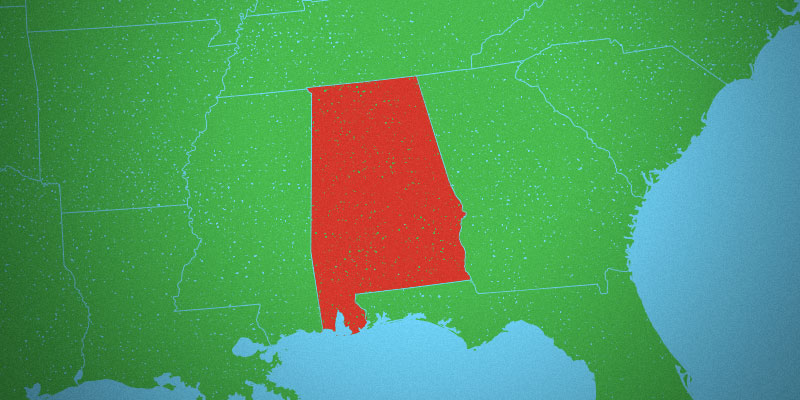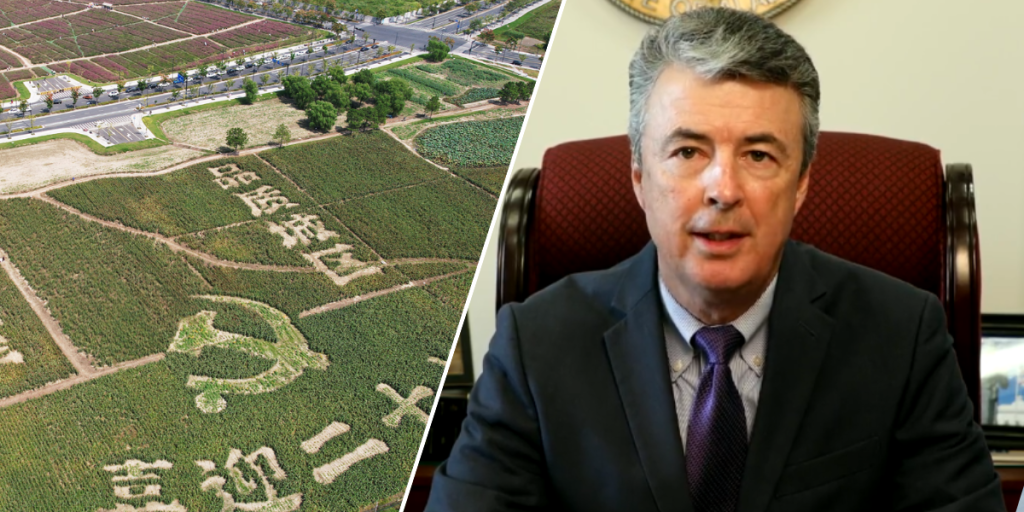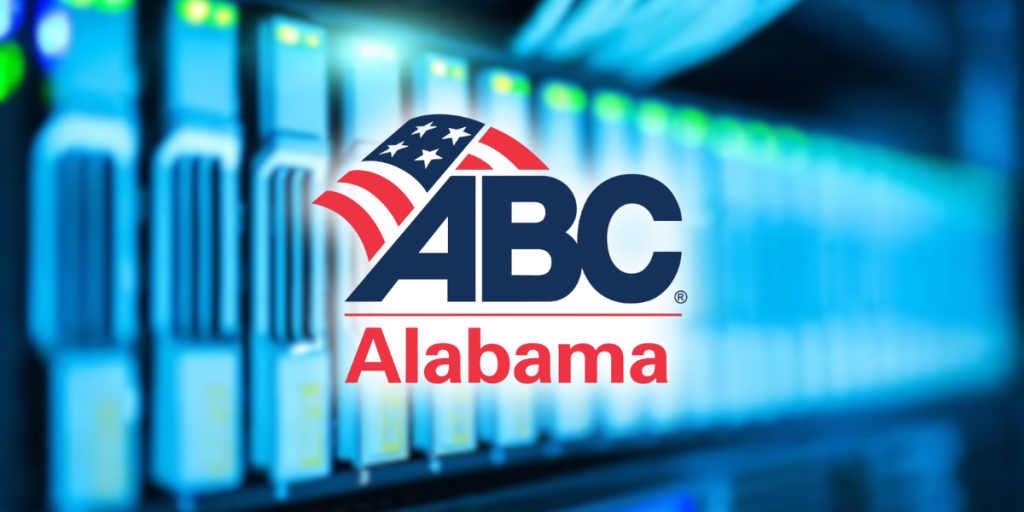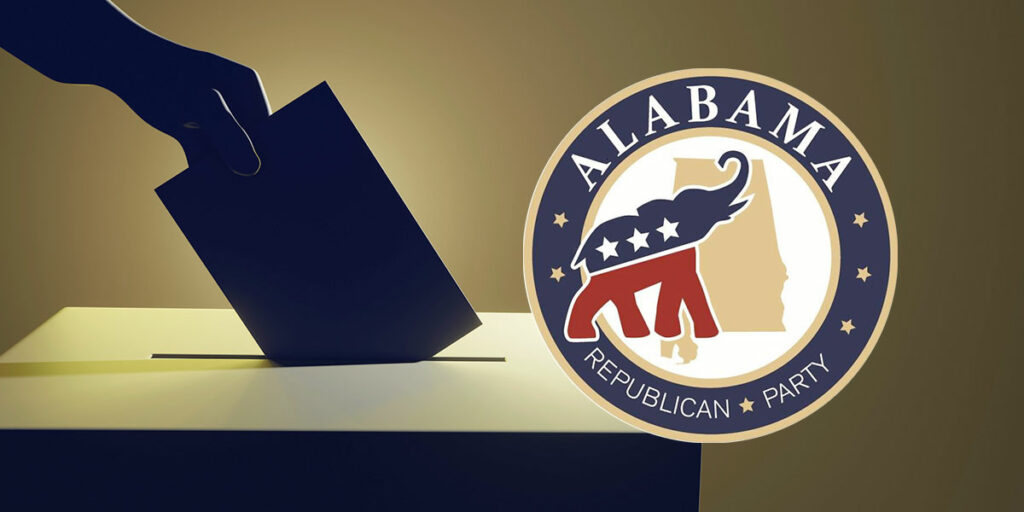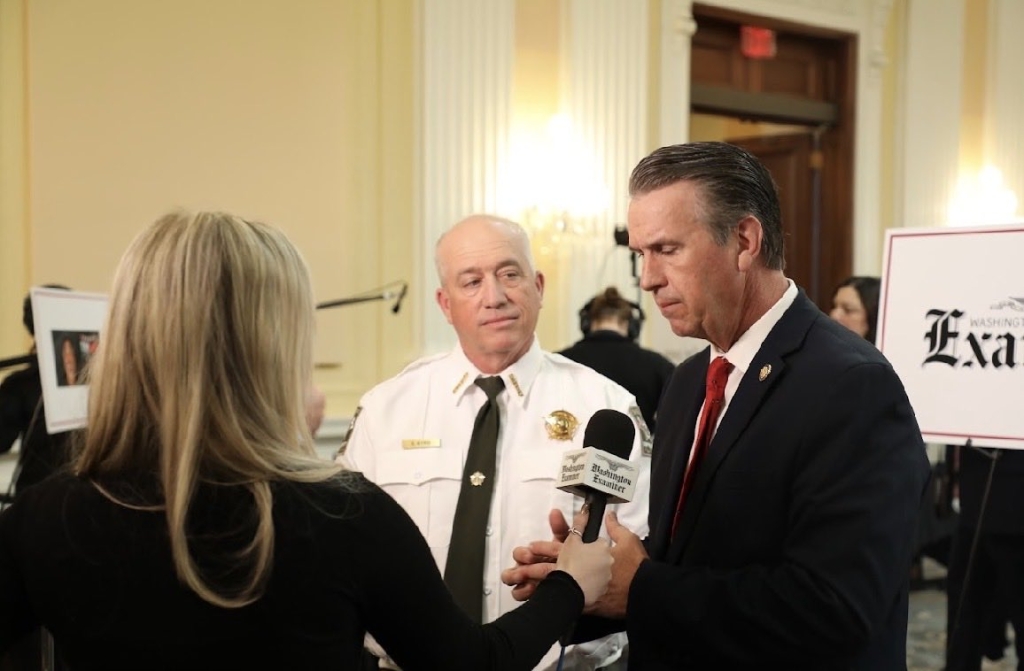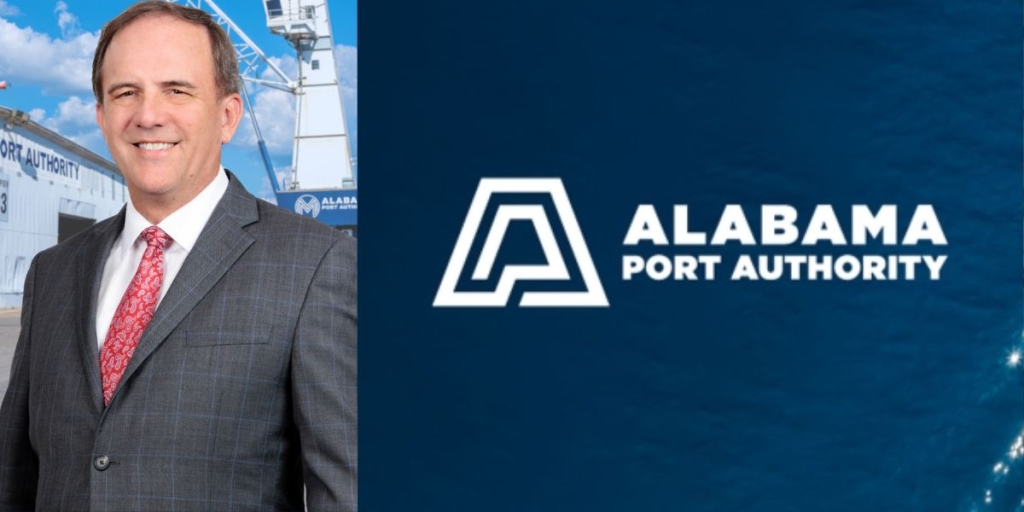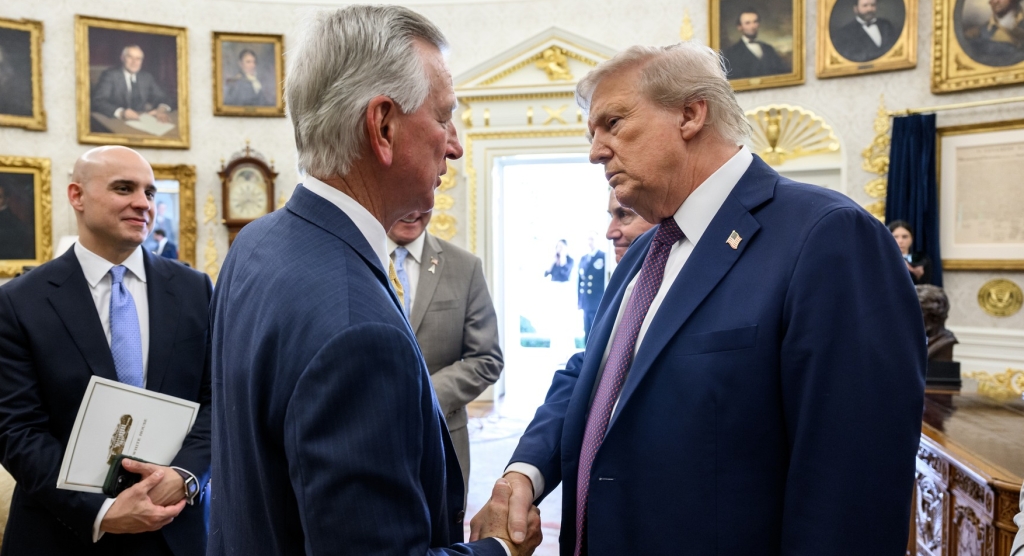In Alabama, politicians and residents alike proclaim the benefits of limited government.
Appropriately, our state’s motto is Audemus jura nostra defendere, which, when translated into the more popular language of English, reads “We dare defend our rights.” The phrase in original context – an 18th century poem by Sir William Jones – is followed by the potential thief of rights: “the tyrant while they wield the chain,” i.e. the government.
Promoting limited government, evidently, is woven into what it means to be ‘Alabama,’ and rightly so. Public office holders, candidates, and voters regularly point to the necessity of a limited government, as it is through limited government that our freedoms remain intact.
What is not as often discussed, unfortunately, is that smaller or limited government requires larger voluntary community engagement.
This is true because there will always be gaps where government could arguably be active. Limited government, by definition, means that there will be some spaces, some needs or hopes of the community or community members, that are not met by a central power.
In states that don’t deem limited government as a highly as Alabama, these gaps tend to be filled by government. In a state with truly limited government, however, these spaces are befittingly left to be filled by the private sector.
The duty, therefore, of community members to selflessly and actively consider others is higher in a state that prioritizes limited government than in one that does not.
Alabama, regrettably, yields ample problems that need innovative, community-based solutions.
For example, metro Birmingham, the state’s primary economic powerhouse, is growing at a much more modest rate than peer cities like Nashville in terms of GDP and employment. A report by the “Building (It) Together” campaign also mentions that the metro area is losing workers while most peer cities are not.
Obviously, these are problems if the state wants to thrive economically in the future.
There, of course, are a variety of contributing causes to this economic underperformance, both in Birmingham and across the state.
In order to address some of these underlying issues–and in light of our understanding of the responsibility of the private sector–the Alabama Policy Institute is participating in a community initiative we call “Hiring Well, Doing Good.”
In short, “Hiring Well, Doing Good” takes aim at one of the systematic problems facing our state: chronic unemployment.
Through working with community organizations including non-profits, foundations, and employers in the state, API plans to connect the chronically unemployed with training opportunities, professional development, and–ultimately–long-term employers.
Our hope is to be a small part of solving the issues facing the Birmingham metro and Alabama as a whole.
Regardless of what API is doing, the principle stands. Stalwarts of limited government must remember that limited government demands more, not less, of Alabama.
Parker Snider is Manager of Policy Relations for the Alabama Policy Institute, an independent, nonpartisan, nonprofit research and educational organization dedicated to strengthening free enterprise, defending limited government, and championing strong families.




